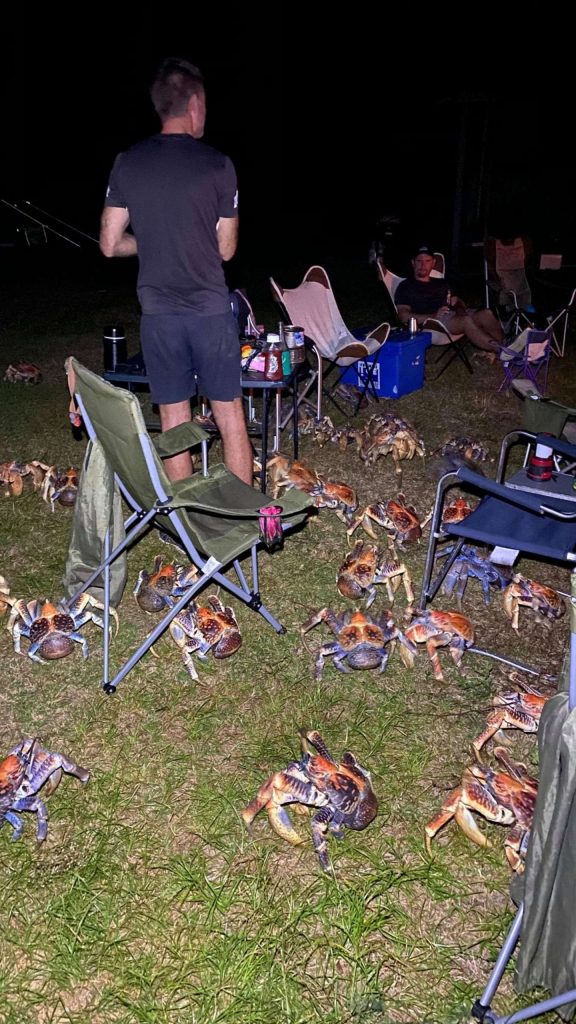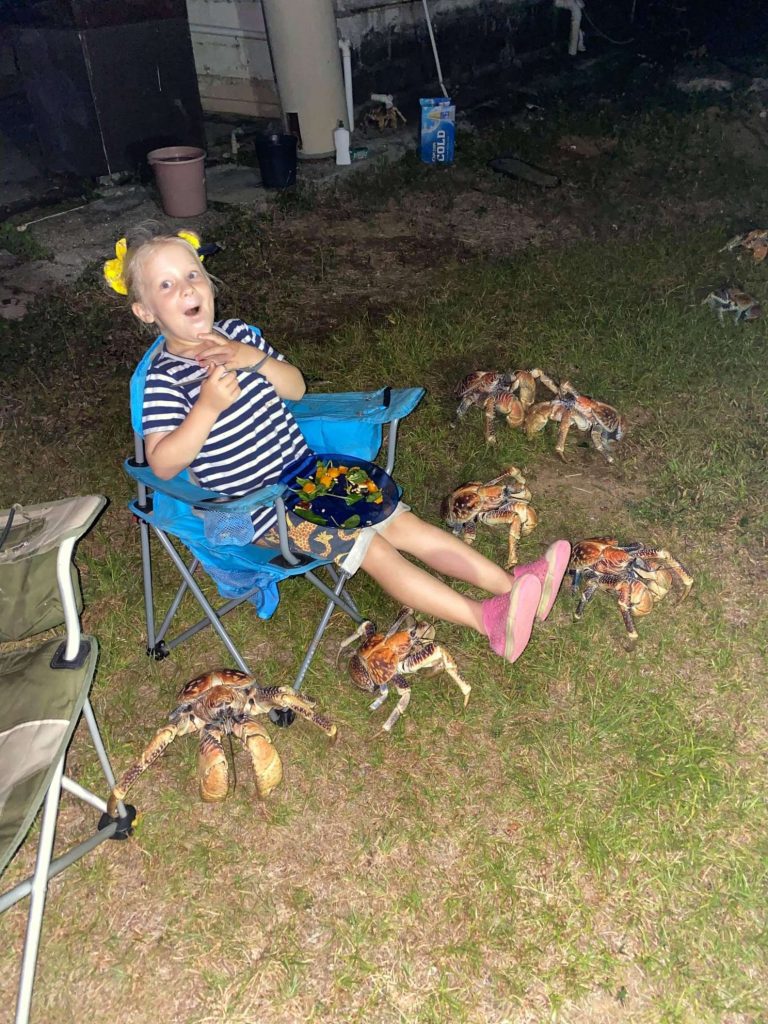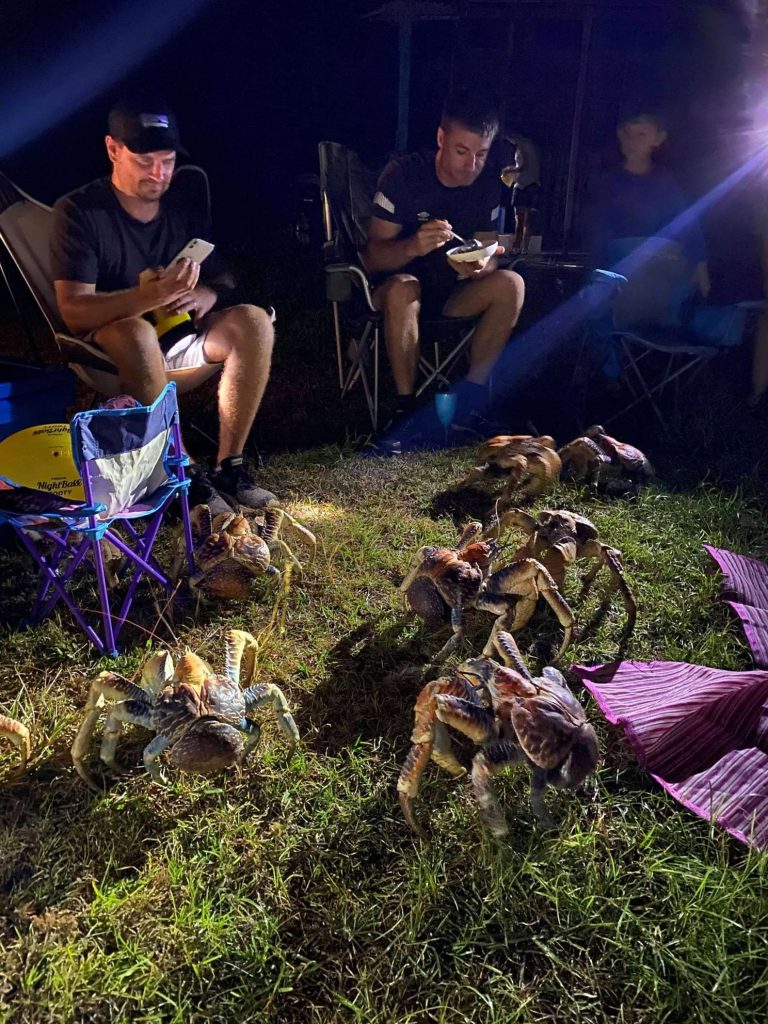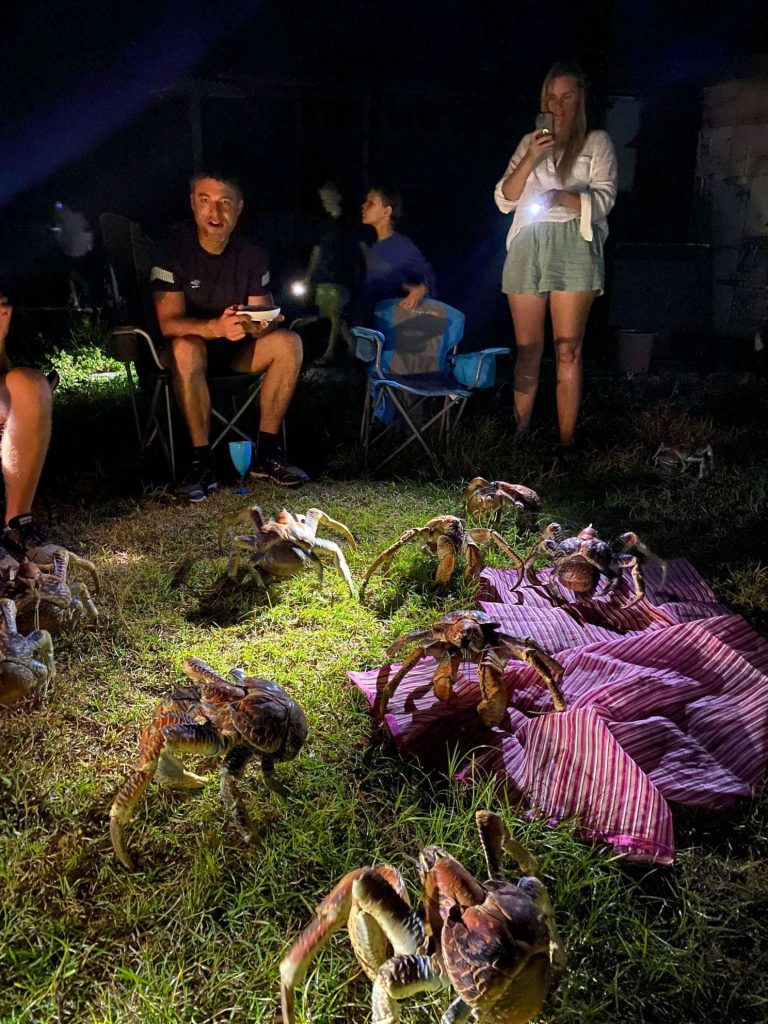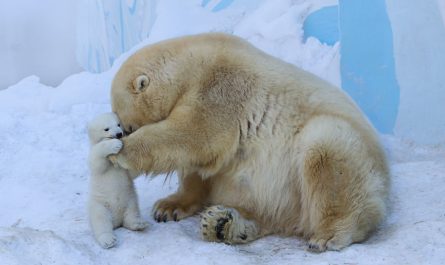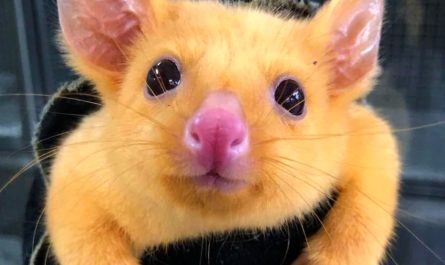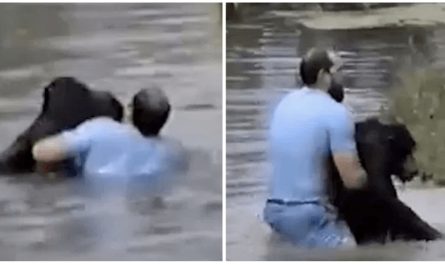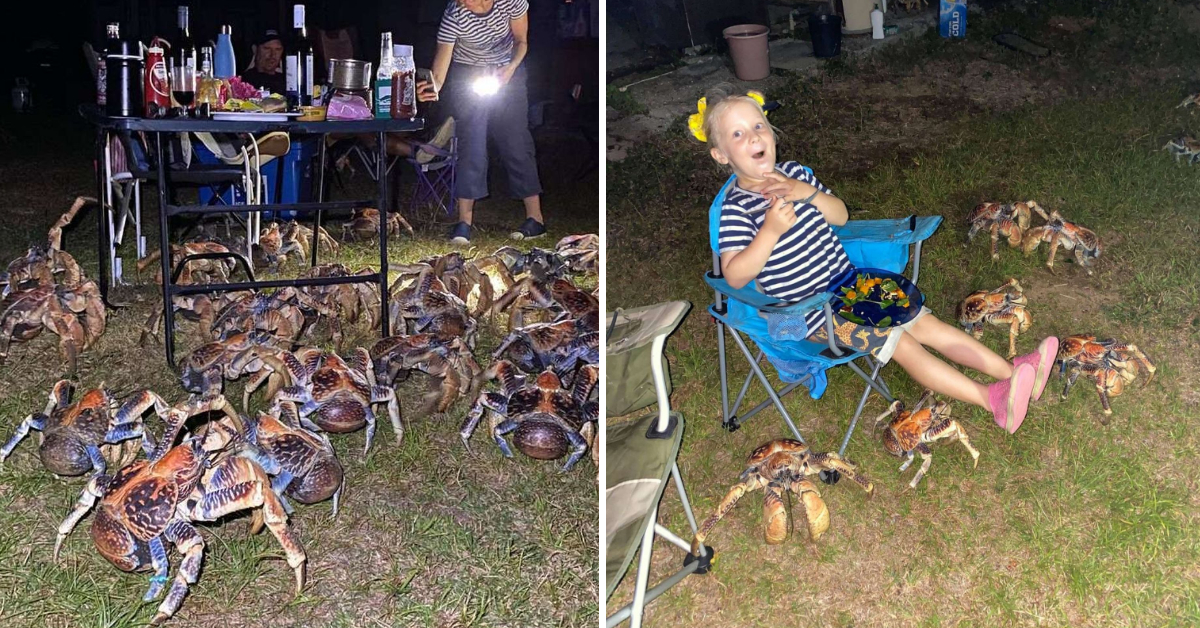
Lots of huge coconut crabs crash family’s quite picnic to steal their food
Amy Luetich, her family and a bunch o friends went camping on Christmas Island in the Indian Sea. They’ve all planed a fantastic picnic celebration on the unique island, however little did they know their strategies would certainly be destroyed by some uninvited guests. The people were enjoying a BBQ when instantly a herd of coconut crabs chose to crash their celebration.
The arthropods’ intentions were extremely clear– taking and devouring anything they can get. However you won’t expect something else from these intruders since they’re also known as robber crabs. Attracted by the irresistible smell, lots of crabs decided to ruin Luetich’s and her pals picnic.
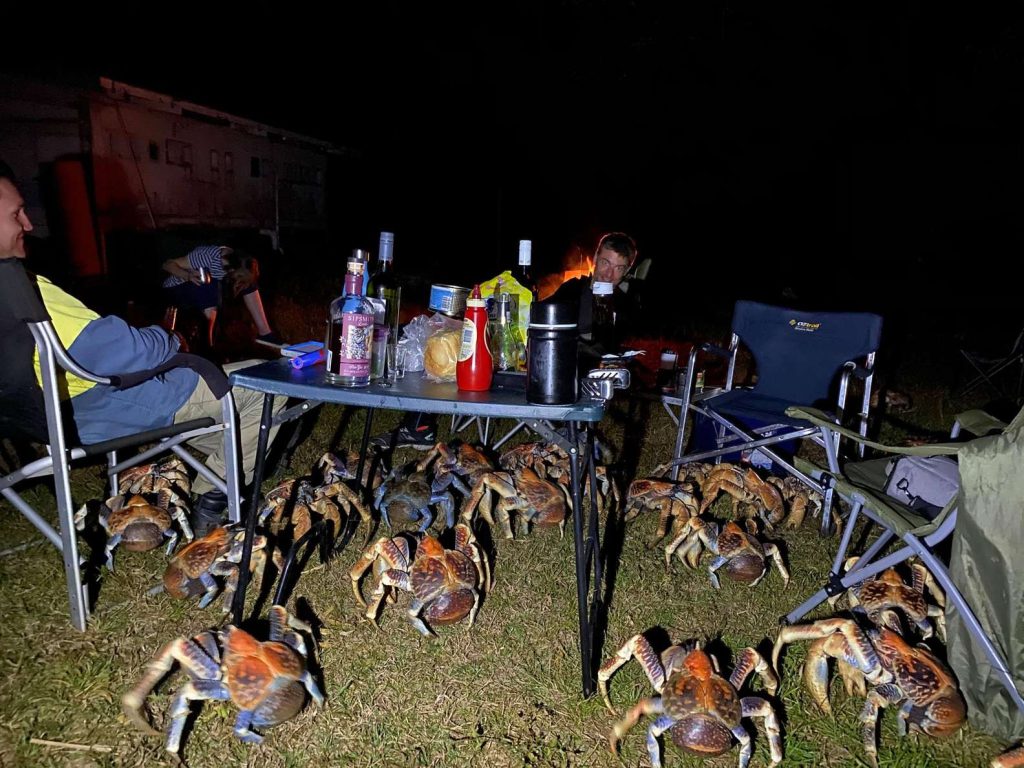
” We lit our camp fire, and when we began cooking, the smell of the food attracted a whole huge variety of robber crabs,” the woman told The Dodo. “We were sitting down attempting to eat our dinner and they were everywhere!
” My boy counted 52 of them. Then they started to climb up to the table, and another climbed onto the barbecue. We kept our camping tents away from where we had eaten, but one of the families have not been so fortunate.”
The coconut crabs are the largest land crustacean on Earth. They can quickly weigh over 8 pounds and gauge 3 feet. Their life-span is over fifty years. Christmas Island is home to the biggest robber crabs population on the planet.
” Xmas Island has the world’s largest and best protected population of these mild giants, which can live to be more than half a century old,” Parks Australia reports. “They are located in many parts of the island, usually sheltering throughout the day and venturing out during the night or on overcast days.”

